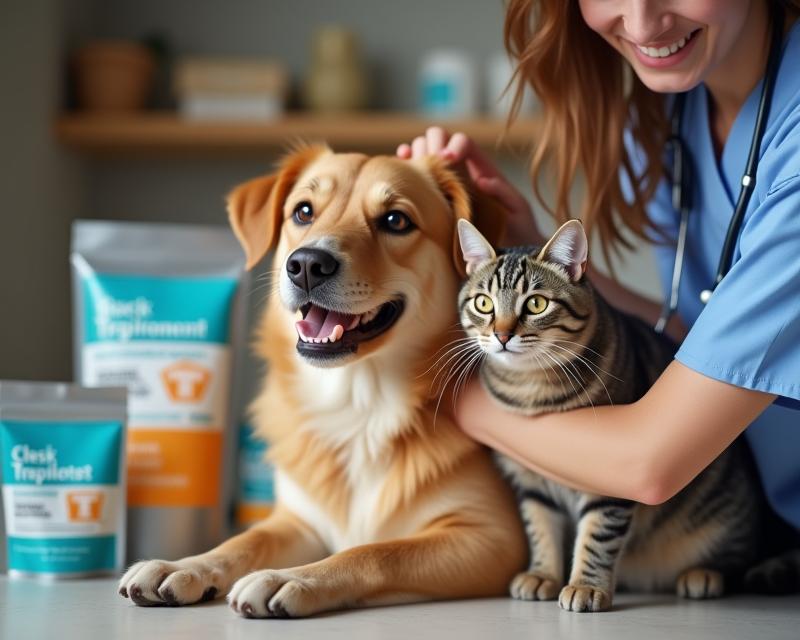Protecting Your Pet: Parasite Prevention 🛡️
Publish in Health el 28/06/2025 23:02
Protecting Your Pet: Parasite Prevention 🛡️
As loving pet owners, we want the best for our furry, scaled, or feathered companions. One of the most important aspects of their health is preventing parasites. Fleas, ticks, and worms are common culprits that can cause discomfort, illness, and even serious health problems. Understanding these threats and taking preventative measures is crucial for a happy and healthy pet!

Fleas: Itchy Business!
Fleas are tiny, wingless insects that feed on blood. They can cause intense itching, skin irritation, and even lead to anemia, especially in kittens and puppies. You might notice your pet scratching, biting, or grooming excessively. Look for tiny black specks (flea dirt) in their fur – they'll look like pepper! Preventing fleas involves regular use of flea preventative medication recommended by your veterinarian. Also, regularly vacuuming your home and washing your pet's bedding can help eliminate fleas and their eggs.
Ticks: More Than Just a Bite
Ticks are arachnids (related to spiders!) that attach themselves to your pet while feeding on blood. They can transmit serious diseases like Lyme disease, ehrlichiosis, and Rocky Mountain spotted fever. Ticks are most active in warmer months, especially in wooded or grassy areas. Check your pet thoroughly after walks outdoors, paying close attention to areas around the ears, neck, and legs. Tick preventatives are available in various forms – topical treatments, oral medications, and collars. Early detection and removal of ticks are key to preventing disease.
Worms: Internal Threats
Internal parasites, commonly known as worms, are another common concern. There are several types of worms that can affect pets, including roundworms, hookworms, whipworms, and tapeworms. Symptoms of worms can include vomiting, diarrhea, weight loss, and a dull coat. Some worms may not show any symptoms at all! Regular deworming is essential, especially for puppies and kittens. Your veterinarian can recommend the best deworming schedule for your pet based on their lifestyle and risk factors. Preventing your pet from scavenging on feces is also important to minimize worm exposure.
Prevention is Key!
The best approach to parasite control is prevention. Talk to your veterinarian about the best preventative medications for your pet based on their age, breed, lifestyle, and geographic location. Don't hesitate to ask questions and discuss any concerns you have. A proactive approach to parasite prevention will help keep your pet healthy and happy for years to come. Regular vet checkups are also vital for monitoring your pet's overall health and detecting any potential problems early on.





